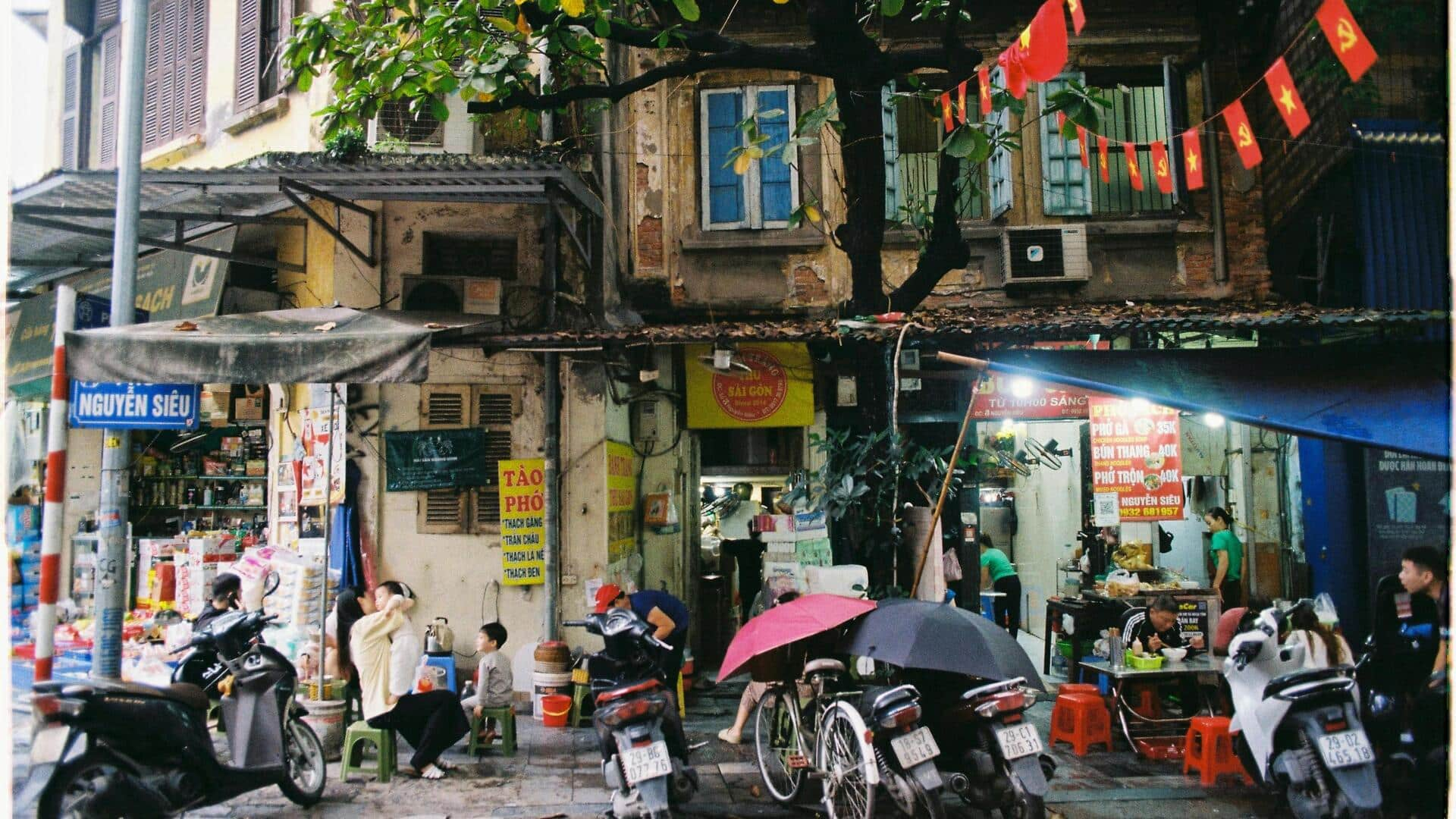
Discover the vibrant world of Igbo market days
What's the story
Igbo market days are an integral part of the culture, providing a glimpse into the daily life and traditions of the people. These days are not just about trade but also about socializing, cultural exchanges, and community bonding. The markets serve as a hub for economic activities and cultural preservation. Knowing these market days gives us a glimpse into the rich tapestry of Igbo life.
#1
The significance of Eke, Orie, Afo, and Nkwo
The Igbo calendar has four market days: Eke, Orie, Afo, and Nkwo. Each day has its own significance and activities. Eke is usually for trading goods like yams and vegetables; Orie focuses on textiles; Afo is known for pottery and crafts; Nkwo is famous for livestock trading. These divisions ensure that all trades flourish and the community's needs are met.
#2
Social gatherings on market days
Market days are also social events where people meet relatives and friends from nearby villages. They serve as a platform for news exchange and community updates. People dress in their finest traditional attire to attend these gatherings, signifying pride in their culture. The social aspect of these days strengthens community ties and keeps traditions alive through generations.
#3
Role in economic development
The Igbo market days are essential to the region's economy. They allow local farmers to sell their produce directly to consumers, cutting out middlemen. This way, farmers get fair prices for their goods, which encourages sustainable agriculture. The markets also draw traders from other regions, promoting economic growth through inter-regional trade.
#4
Preservation of cultural heritage
Apart from being economic hubs, Igbo market days also serve as centers for cultural preservation. Traditional music, dance performances, storytelling sessions, and art exhibitions are often organized during these events. They keep the community's cultural practices alive for future generations to witness and appreciate.